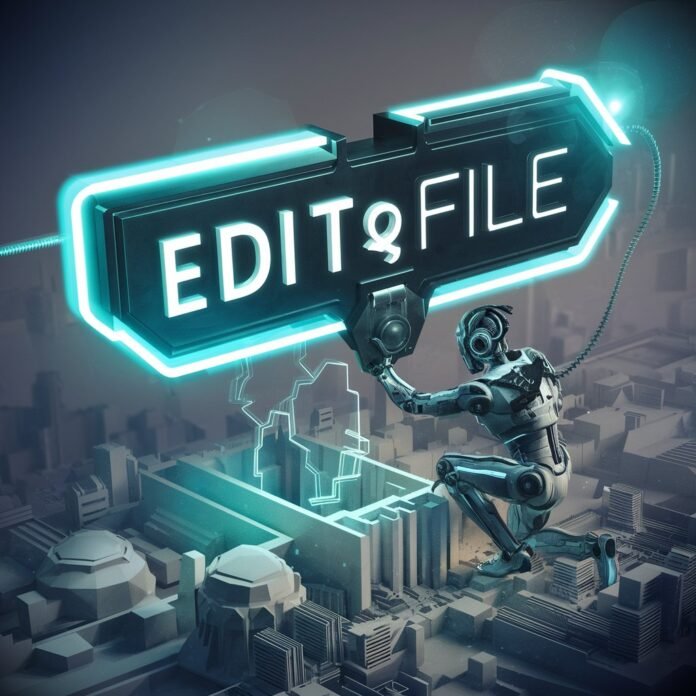The phrase Error calling tool ‘edit_file’. is one that developers and system administrators often encounter when working with software applications, scripts, or integrated platforms. It signals that a command or function intended to modify a file has failed, and it usually points to underlying issues such as permissions, missing dependencies, incorrect syntax, or conflicts within the system. In 2025, as workflows increasingly rely on automation, cloud integrations, and API-based file operations, understanding this error has become more important than ever. Addressing it requires both technical knowledge and a methodical troubleshooting approach.
What the Error Means
At its core, “error calling tool ‘edit_file’” indicates that the system attempted to invoke a function or module responsible for editing files but failed in execution. This can arise in many contexts, such as programming environments, API calls, or cloud-based file management platforms. For developers, this often means the software tried to access a file but could not complete the action, either due to improper parameters or environmental restrictions. For end users, it may present as an application crash or a simple failure to save changes.
Common Causes of the Error
Several factors can trigger this error, and identifying the root cause is the first step toward fixing it. One of the most common issues is file permission restrictions, where the system lacks authorization to read, write, or modify the target file. Another cause may be incorrect or incomplete configuration, such as a missing library, broken path reference, or unsupported file format. In API-based operations, network interruptions or authentication failures may also prevent the tool from executing properly. Additionally, software bugs or conflicts between different tools in a workflow can lead to unexpected failures.
Troubleshooting the Issue
Solving the “error calling tool ‘edit_file’” requires a step-by-step approach. First, users should verify that the file exists in the specified location and confirm that the program has the correct read-write permissions. Next, checking the system logs or error output often provides more detailed information about the nature of the failure. Developers may need to test different parameters or run the command in a controlled environment to isolate the problem. In some cases, updating or reinstalling the tool resolves compatibility issues, while in others, debugging requires identifying conflicts with other software components.
Preventing Future Errors
While troubleshooting addresses the immediate problem, preventing the error from reoccurring is equally important. Implementing proper permission management ensures that tools and users can only access files in controlled ways. Automating validation checks before running edit commands can catch missing files or unsupported formats early. In development environments, writing robust error-handling code and logging mechanisms allows issues to be caught and addressed before they escalate. Regularly updating tools and monitoring dependencies also reduces the risk of encountering failures due to outdated libraries or unsupported configurations.
Why the Error Matters in Modern Workflows
In today’s interconnected systems, errors like “error calling tool ‘edit_file’” can disrupt entire workflows. For instance, in automated pipelines where file editing is part of data processing or deployment, a single failure can halt progress and cause delays. In collaborative environments, such errors may prevent teams from saving or sharing critical updates. Understanding the meaning of the error and how to respond effectively ensures smoother operations and greater reliability in both personal and enterprise-level systems.
Looking Forward
As software systems grow more advanced, the tools that interact with files will continue to evolve. Cloud-based editing, AI-assisted workflows, and cross-platform integrations all introduce new possibilities—and new chances for errors like this one to appear. Future solutions will likely emphasize better error reporting, self-healing mechanisms, and smarter automation that can detect and resolve issues without human intervention. Until then, knowing how to interpret and troubleshoot “error calling tool ‘edit_file’” remains an essential skill for anyone working with digital systems.


